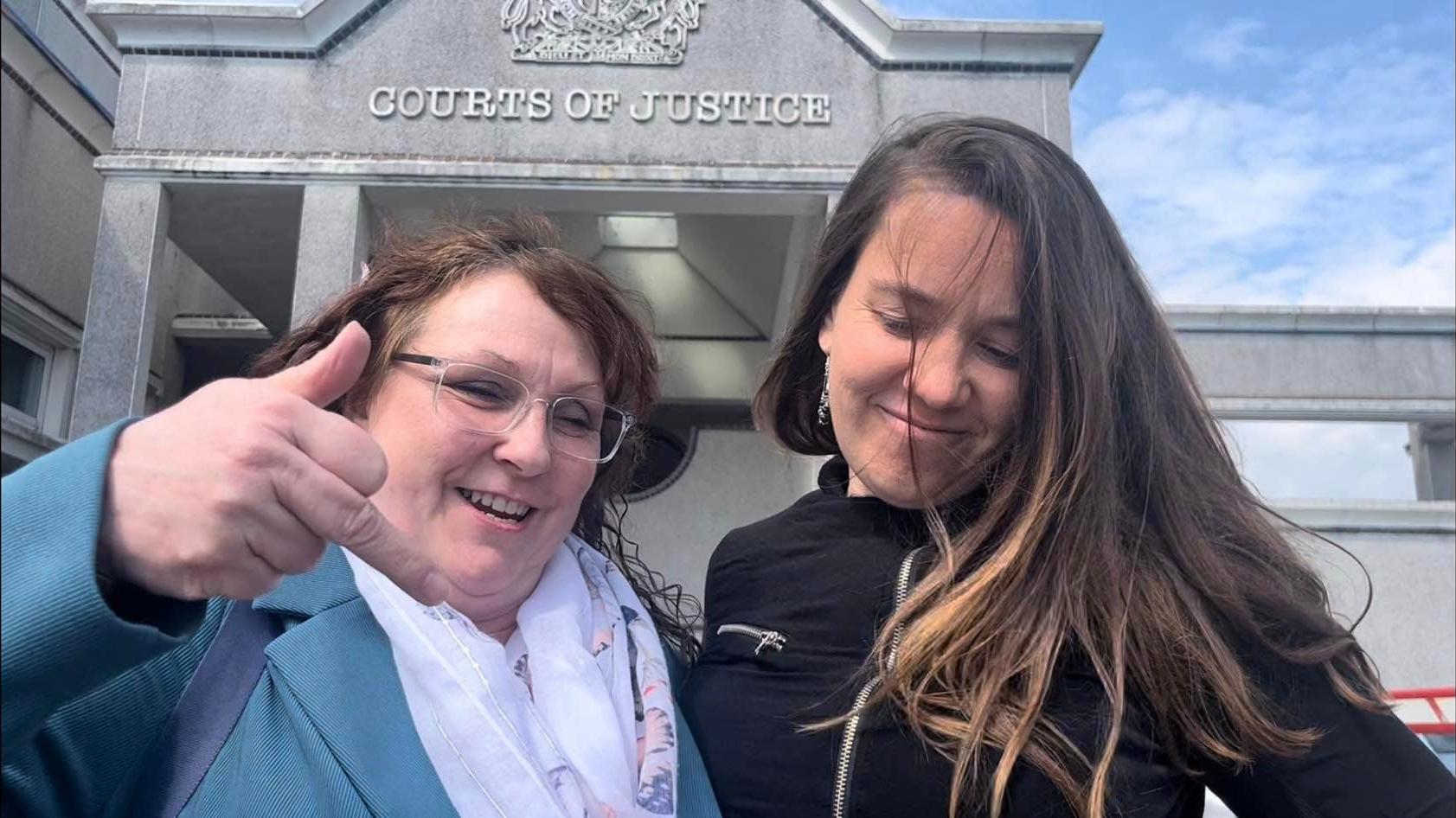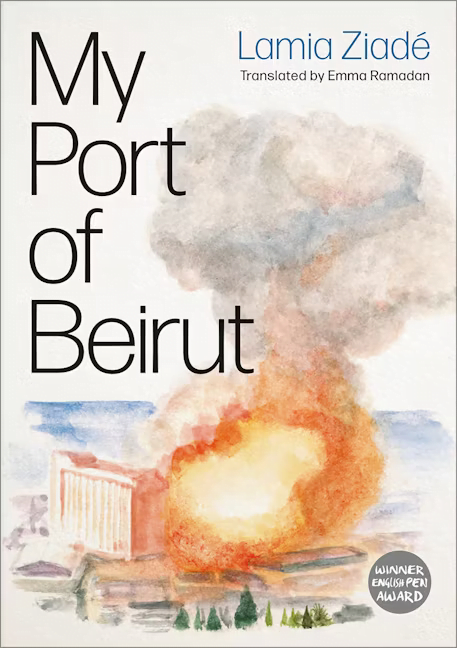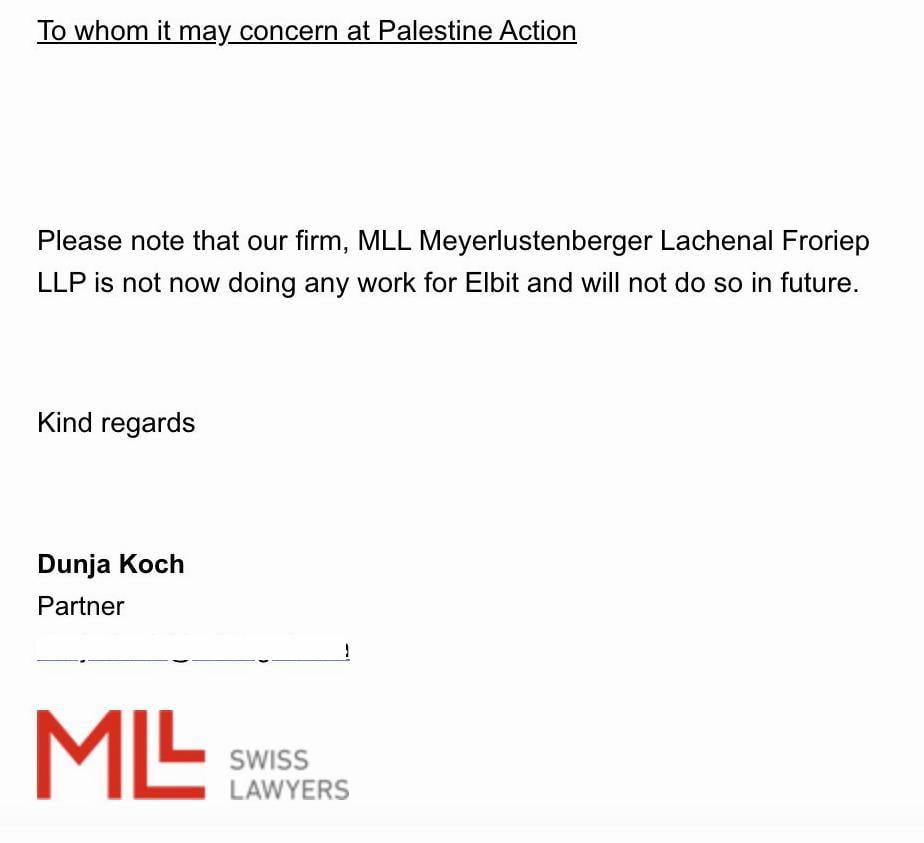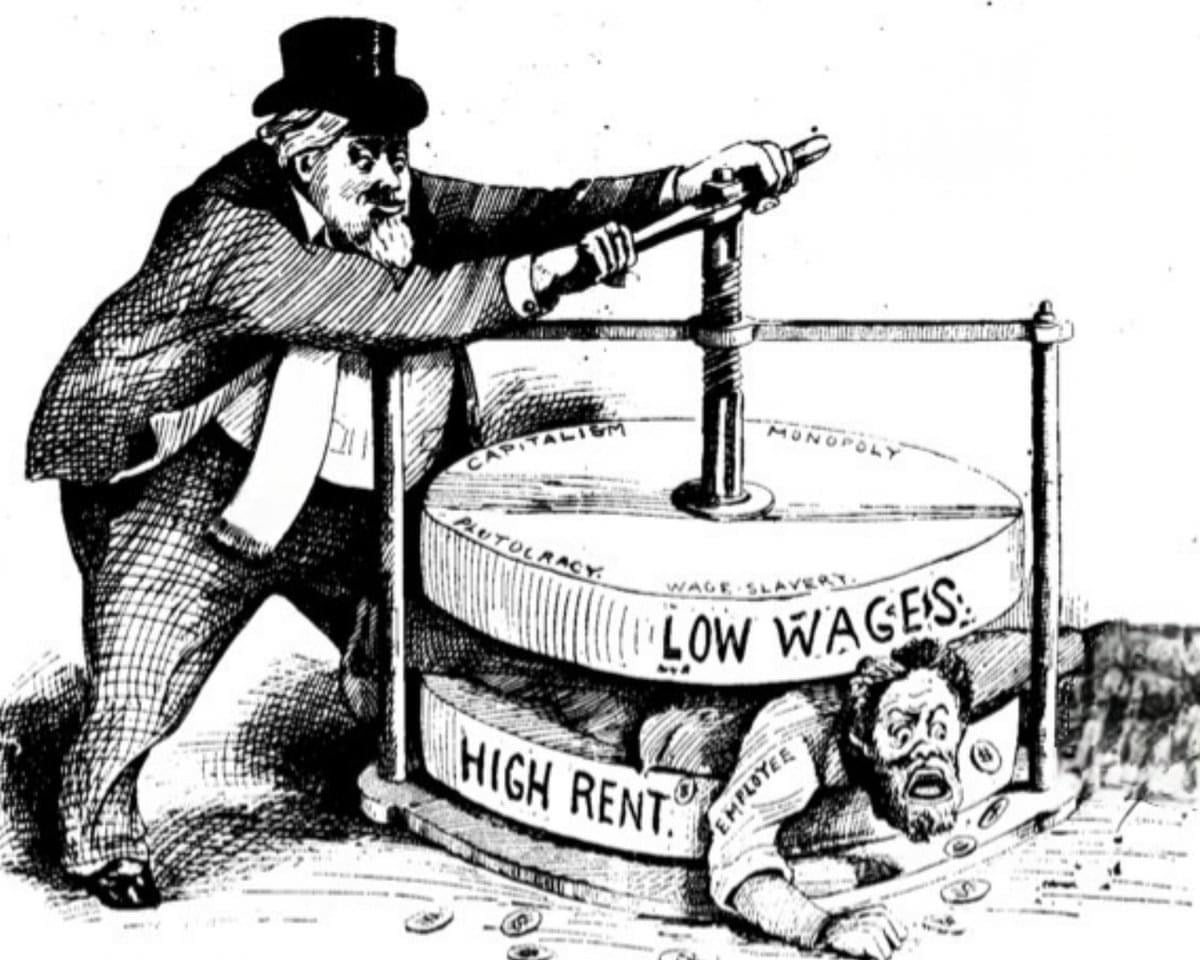In this comment article the Network for Police Monitoring argues that the appointment of Cressida Dick, the officer who oversaw the killing of Jean Charles de Menezes, to the top job in the Metropolitan Police shows the Met’s total disinterest in either justice or the hurt caused by its actions
The word “impunity” – exemption from any possibility of punishment or harm – comes up again and again when bereaved families talk about the death of a loved one at the hands of the police. The family of Jean Charles de Menezes used it again in a statement yesterday.
It is little wonder, when charges against officers are so rare, when investigations take so long and when efforts to discover the truth are so vigorously contested, that many start to believe the police – uniquely in society – are immune from prosecution following a death in their care.
Often it seems all families are allowed to hope for is a vague promise to “learn the lessons from the tragedy” and the possibility that senior officers feel at least some sense of shame for the loss of life on their watch. But justice? That is apparently asking for too much.
The announcement of the appointment of Cressida Dick as the next Metropolitan Police Commissioner must feel particularly painful for the Menezes family. Ms. Dick was the senior officer in charge of the botched operation that led to the execution of the Brazilian commuter by firearms officers at Stockwell underground station in London in the summer of 2005.
The Metropolitan Police then lied about the circumstances of Jean’s death and during subsequent investigations vital evidence went missing, including Cressida Dick’s instructions to allow Jean into the station because he did not appear a threat. In 2007, the Met was eventually found guilty of breaking health and safety laws and endangering the lives of Londoners and a year later, an inquest jury decided that a series of police failures contributed to Jean’s death. No individual officers were ever charged or disciplined.
These events have never hindered Cressida Dick’s rapid rise within the ranks. Although ultimately accountable for the string of errors that led to Jean’s death, she was promoted soon afterward, in September 2006, with glowing tributes in the press and support from senior advisors to the then London mayor Ken Livingstone (who himself later praised her as a ‘potential future Commissioner’).
Only a year after the inquest jury had flatly rejected the police’s claims that Jean was lawfully killed, Cressida Dick was given a medal for “distinguished service”. She received another in 2015. Now she is on the brink of taking up the most powerful policing role in the UK.
One might think decisions leading to the loss of a life should have a significant bearing on any recruitment – in any other profession, they certainly would. It is important, therefore, to question why the Metropolitan Police, London Mayor Sadiq Khan and Home Secretary Amber Rudd, who all had a voice in the selection, seemed to think this is in no way problematic for any of the short-listed candidates. After all, the next Commissioner was not the only applicant with controversies over the deaths of members of the public in their career background. Another, Sara Thornton, was Thames Valley’s Chief Constable when there were two violent deaths involving the use of restraint: Habib ‘Paps’ Ullah in 2008 and Philmore Mills in 2011.
Perhaps the grim reality is the use of violence is such an inherent part of modern policing, governments and the police themselves no longer see it as either exceptional or necessarily troubling. At the inquest in 2008 into Jean’s killing, Cressida Dick was widely quoted as saying “If you ask me whether I think anybody did anything wrong or unreasonable on the operation, I don’t think they did.” Little reflects the growing dangers for human rights more vividly than insisting there was nothing ‘unreasonable’ about killing an innocent man who was simply trying to get to work.
Within this warped view of public service, any death is little more than that dehumanising euphemism, “collateral damage.” This is the kind of thinking that enables the outgoing Commissioner Sir Bernard Hogan-Howe to use “myths and selective facts” to call for greater trust in decisions made by armed officers – and insist they should not “think twice” before shooting people.
When grieving families complain about the lack of consequences for individual officers following a death involving the police, it is precisely because there is nobody in power who seems have any interest in or enthusiasm for any kind of accountability.
“Impunity” is the right word to describe this – and it is a wave of impunity that has carried Cressida Dick into the Commissioner’s office at New Scotland Yard.
If there is any justice, Jean Charles de Menezes’ brutal extra-judicial killing should hang over her for as long as she remains there.
Picture: Jean Charles de Menezes’ relatives march alongside other custody death families in Whitehall, October 2006. Taken by Kevin Blowe







